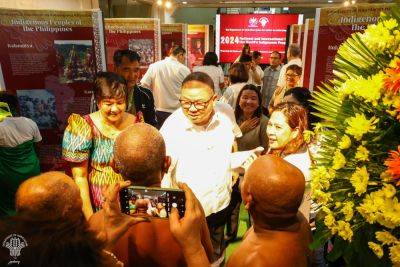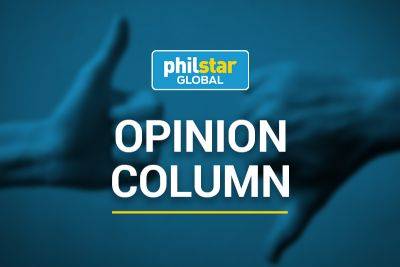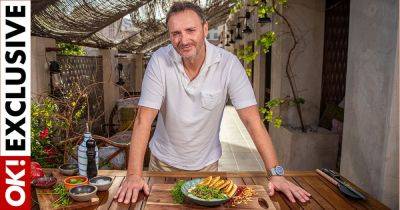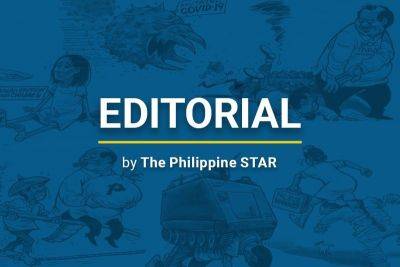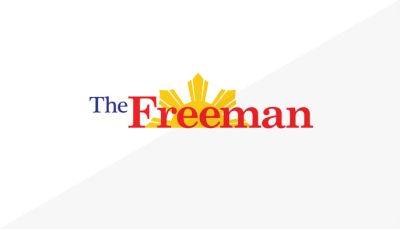Saving the world
I was invited to a conference in Cebu for USAID’s Project Inspire and was indeed inspired by how NGOs have helped Indigenous People (IPs), fisherfolk and forest dwellers through the Gerry Roxas Foundation, the project implementors.
The project centers on communities that practice sustainable fishing, have sustainable honey production, harvest coffee from forested areas, cacao, rice and even abaca production.
You can guess what we had for mid-morning snacks: champurrado using the rice and cacao brought by the grantees, coffee from Bukidnon and honey from Palawan. The champurrado was topped with fried tabagak fish sourced from sustainable fishing areas. It was a pleasure partaking of this snack which was heavy enough to qualify as brunch. What was more filling and heartwarming is the thought that all these food come from sustainable sources.
I spoke about access to markets through ECHOstore which we have been doing for the last 15 years – connecting producers to consumers in the shortest supply chain possible. Another speaker was Henry James Sison of Agro Digital PH, who does business-to-business or B2B for vegetable farmers to supermarkets; he cuts the layers from 12 to just four – the farmer, the aggregator, the retailer and the consumer. Slow by slow, as we say. One farmer at a time, one supermarket chain at a time.
It was a feel good place because everyone had the mindset of “saving the world.” How to get goods through sustainable sources, have direct to market access and the pushing of value to the farmer or fisherfolk than to consolidators and trading posts. Henry mentioned that community relations is key. One can buy the cheapest produce from a trading post or bagsakan and never get to know the farmer who actually plants the seeds. Henry uses information technology to see what farmers grow and when they are ready for harvest. He calls this his “God’s view” of the vegetable sources around the country. He can look for another source in case a place is hit by typhoon and is not able to harvest. And that is how we can let our farmers thrive – if everyone knows where the vegetables are and how to take them from Point A to Point B. But it needs an entrepreneur


